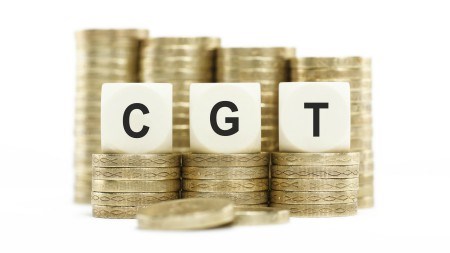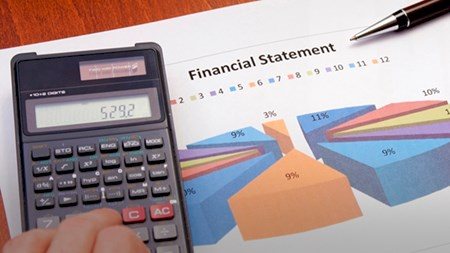Capital Gains Tax (CGT) has been applied for some time in first world countries such as the US, Canada, Australia and the UK. Before the introduction of CGT in SA in 2001, all profits made on the disposal of assets were banked by the sellers. Up to then South Africans were only liable to pay tax on interest earned on investments, and not on capital gains such as those earned on the sale of properties.
The reason for the SA Revenue Service (SARS) implementing this new category of tax was primarily to close loopholes in the existing tax system. As it continues to serve its purpose of broadening SA's tax base, considerable returns are collected from wealthy individuals, both resident and non-resident, and also from companies and trusts. CGT applies to only certain assets, and it affects owners of primary residences differently to those of secondary properties such as holiday homes.
SARS stipulates that a primary residence is a structure - including a boat, caravan, mobile or ordinary home – and that is used as the taxpayer's main abode. It must be owned by a natural person, or a special trust must own an interest in the residence, and owners or their spouses must reside there. If part of a residence is used for business, there will be a pro-rata inclusion for CGT calculations.
For primary residences sold prior to the current tax year, together with the land not exceeding 2 hectares, an amount of R1,5-million is excluded from taxation. This amount has been increased with effect from the current tax year, so sellers can now exclude from their CGT calculation any capital gain on a primary residence if the proceeds do not exceed R2-million.
Gains or losses are determined for the purposes of CGT by establishing the difference between the base cost of a property, and the amount it is sold for - the value gained or lost during the time of ownership. The base cost includes the capital as well as additional costs of obtaining a property, including transfer duty, VAT, attorney and conveyance fees, improvements, alterations, renovations, as well as costs incurred to dispose of the property, such as valuation, advertising and agent's commission. The base cost however, does not include rates and taxes, insurance, maintenance or repairs. Most importantly, owners have to be able to prove the base cost of the asset, by way of valuations through the services of professional or associate property valuers.
The proceeds or profit is then added to the annual income of the seller, who is taxed at his or her individual marginal rate. This applies only on 25% of the overall capital gain, for the tax year in which the sale takes place. For example, a primary residence valued in 2001 at R800 000 that is sold for R2.9-million after March 2012, produced a total capital gain of R2.1-million. Since the first R2-million is exempt, the seller will only be taxed on 25% of R100 000. If he or she is paying the maximum marginal rate of 40%, this would amount to R10 000. In the case of a capital loss, specific rules set out by SARS need to be applied, but is generally offset against any capital gains made in that year of assessment and, if no capital gains have been made, the loss may be carried forward to subsequent years of assessment.
The SA Revenue Service is able to track capital gains through specialised software interfacing with the IT systems of the Deeds Registry, Motor Vehicle Registry, JSE Securities Exchange (JSE) and financial institutions.
For the answers to Frequently Asked Questions about CGT and primary residences see: http://www.sars.gov.za/home


